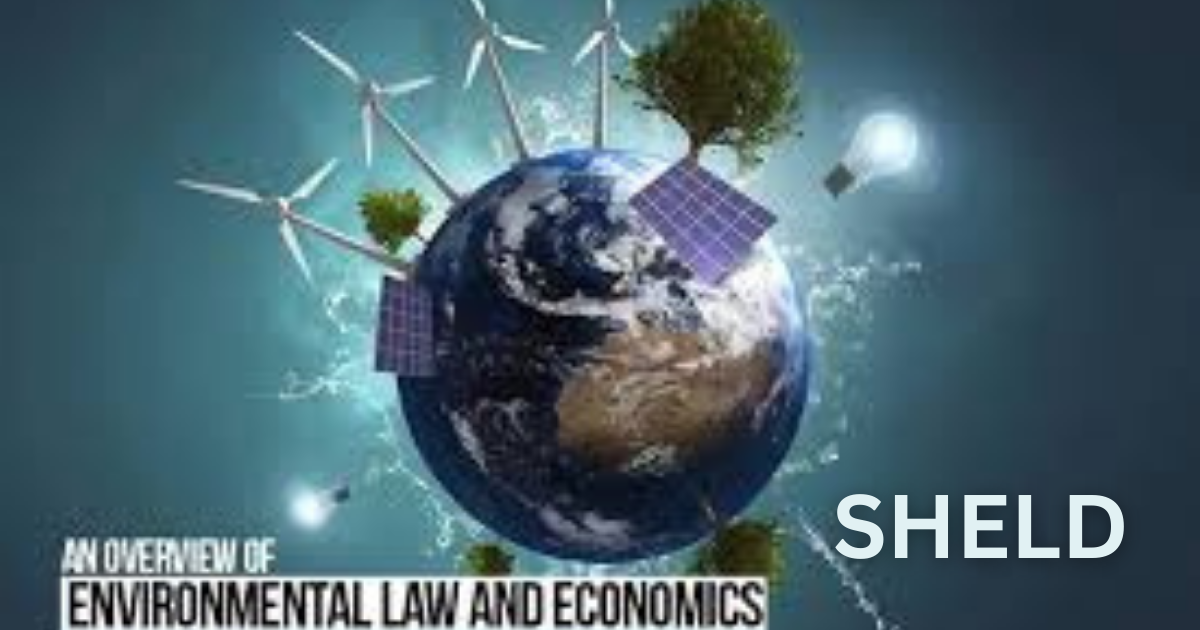Introduction Foreign direct investment (FDI) is a critical driver of economic development, bringing capital, technology, and expertise into host economies. However, investors face risks when committing resources abroad, including political

The Role of Contract Enforcement in Market DevelopmentThe Role of Contract Enforcement in Market Development
Introduction Markets thrive on trust, predictability, and cooperation. For buyers and sellers to transact efficiently, they must be confident that agreements will be honored and disputes resolved fairly. Contract enforcement

Land Law, Property Rights, and Resource AllocationLand Law, Property Rights, and Resource Allocation
Introduction Land law and property rights form the legal foundation of how societies allocate, use, and transfer resources. Property rights establish who has control over land and how it can

Regulation vs. Deregulation: An Efficiency PerspectiveRegulation vs. Deregulation: An Efficiency Perspective
Introduction The debate between regulation and deregulation lies at the heart of modern economic and legal policy. Advocates of regulation argue that legal frameworks are necessary to correct market failures,

Law, Corruption, and Economic Development: Causal LinksLaw, Corruption, and Economic Development: Causal Links
Introduction The relationship between law, corruption, and economic development is a central theme in political economy and legal studies. Corruption undermines trust in institutions, distorts markets, and hinders sustainable growth.

Law as an Incentive Mechanism: How Legal Rules Shape Economic BehaviorLaw as an Incentive Mechanism: How Legal Rules Shape Economic Behavior
Introduction Law is not merely a system of rules that dictates what individuals can or cannot do. It also functions as a sophisticated incentive mechanism that shapes economic behavior, influences

The Coase Theorem Revisited: Efficiency and Transaction Costs in Modern MarketsThe Coase Theorem Revisited: Efficiency and Transaction Costs in Modern Markets
Introduction The Coase Theorem, first articulated by Nobel laureate Ronald Coase in his landmark 1960 paper “The Problem of Social Cost,” remains one of the most influential ideas in law,

Environmental Law Through the Lens of EconomicsEnvironmental Law Through the Lens of Economics
Introduction Environmental law governs how societies interact with natural resources, pollution, and ecological systems. Traditionally viewed as a domain of legal doctrine and policy, environmental law increasingly benefits from insights

The Law and Economics of Mergers and AcquisitionsThe Law and Economics of Mergers and Acquisitions
Introduction Mergers and acquisitions (M&A) represent one of the most significant forms of corporate restructuring, reshaping industries, and altering market dynamics. From a legal and economic perspective, M&A transactions are

Economic Analysis of Price-Fixing and CartelsEconomic Analysis of Price-Fixing and Cartels
Introduction Price-fixing and cartels represent some of the most significant threats to competitive markets. By colluding to set prices, restrict output, or divide markets, firms undermine the benefits of competition,

